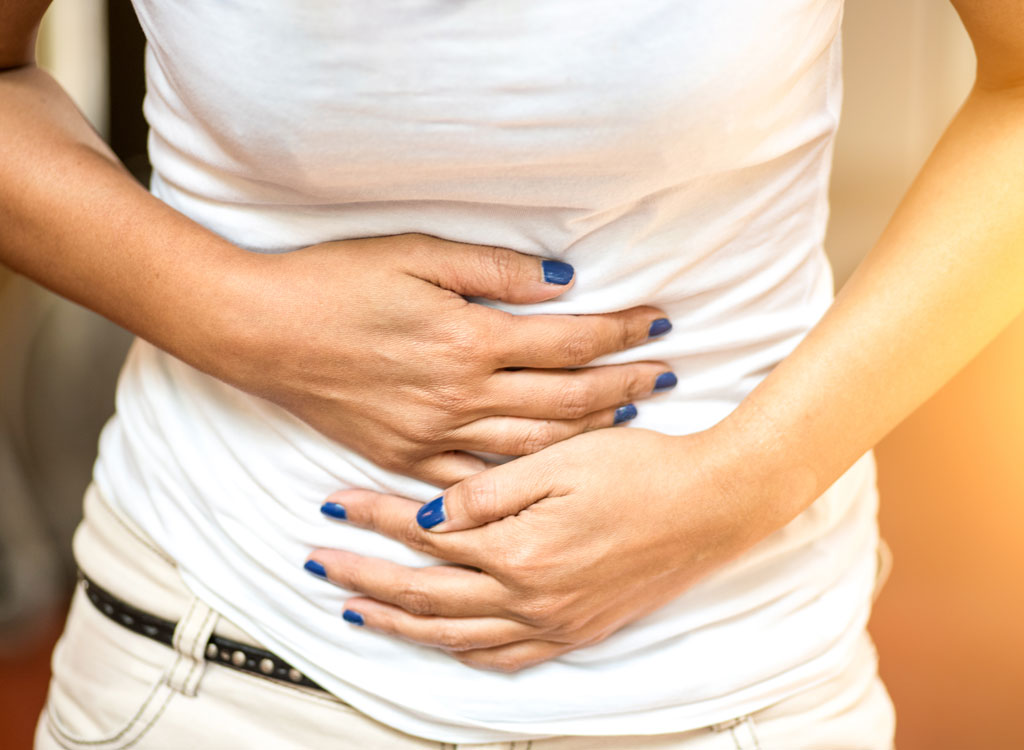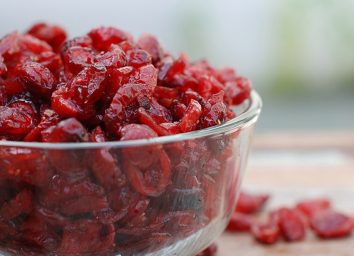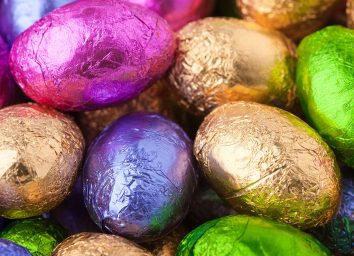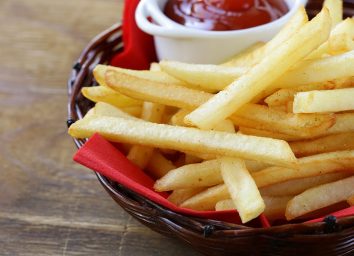Gastritis Diet: The Best & Worst Foods to Eat for Maximum Relief

When your gut is seriously out of whack, there’s nothing more miserable. From stomach aches to emergency trips to the bathroom, your digestive system is quick to let you know when something is off. And if you’re struggling with gastritis, it may impact more than just your gut. However, following a gut-friendly diet called the gastritis diet can often help ease your gastritis symptoms. Here’s everything you need to know about the gastritis diet.
What is gastritis?
“Gastritis is a nonspecific term for inflammation of the gastric (stomach) lining,” says Christine Lee, MD, a gastroenterologist at the Cleveland Clinic. “The classic symptoms are burning pain/just below the breastbone that generally progressively worsens over time, and may be associated with nausea, vomiting, unintentional weight loss, and sometimes anemia (low red blood cell counts) and bleeding from the stomach lining.”
What causes gastritis
Gastritis could be caused by a number of things:
- bacterial infections: most commonly tested for is a bacteria called Helicobacter Pylori (sometimes called H. Pylori), which often causes stomach ulcers
- viral infections: such as CMV (cytomegalovirus), HSV (herpes simplex virus), HIV (human immunodeficiency virus), etc.
- certain medications: the most common culprits of medication-induced gastritis are aspirin and all other NSAIDs (ibuprofen-type anti-inflammatory medications), some gout medications such as colchicine, high doses of some vitamin supplements like vitamin C, and osteoporosis medications (the bisphosphonates)
- excessive alcohol consumption
- smoking
- high stress
- bile reflux
- autoimmune disorders
- digestive disorders (i.e. Crohns)
- food allergies
What is the gastritis diet?
“The gastritis diet is a plan that eliminates foods that are known irritants to the digestive tract for some people,” says Rebekah Blakely, RDN, registered dietitian at The Vitamin Shoppe. “By reducing or eliminating these foods, it can help calm the inflammation in the stomach lining, providing relief from gastritis symptoms and a chance for your body to heal.”
While it restricts certain foods, the gastritis diet won’t be the same for every person.
The diet for gastritis is highly individualized,” says Alicia A. Romano, MS, RD, LDN, CNSC, registered dietitian and spokesperson for the Academy of Nutrition & Dietetics. “In general, foods that may cause irritation to the stomach include fatty and spicy foods, very acidic foods (ex. coffee, orange juice, tomato juice, and colas) and large portion sizes.”
Food to avoid include:
- alcohol
- coffee
- carbonated drinks
- spicy foods
- fried foods
- high-fat foods (high-fat meats, full-fat dairy products)
- acidic foods (tomatoes and citrus fruit)
- fruit juices
- chocolate
“High fat, greasy foods delay gastric emptying and can worsen gastritis due to prolonging of the time of gastric acid production and delaying the emptying of gastric contents into the intestines for further digestion,” says Dr. Lee.
Foods to include:
- unprocessed, lean proteins (chicken, turkey, fish): Getting adequate protein is important for healing.
- vegetables: Low in acidity, vegetables are typically not irritating and provide the antioxidants and nutrients to fight inflammation and promote healing.
- high fiber foods: Foods such as vegetables, low-acid fruits (berries, bananas, melons, apples), beans and lentils are good options to support a healthy digestive system and regular bowel schedule.
- probiotic foods: Fermented foods such as kombucha, kefir, yogurt, kimchi, and sauerkraut can incorporate healthy bacteria into the stomach and gut to help bring balance.
- bone broth: During a gastritis flare, bone broth would be a great addition to your diet plan as it has many nutrients that promote soothing and healing.
“Focusing on clean, whole foods with high nutritional content is key,” says Blakely.
How to try the gastritis diet
Here are a few tips to help you start the gastritis diet.
- Track your food. “By writing down the foods you eat and the symptoms associated with those foods, you may be able to find links with your individual symptoms,” says Romano. Start by removing the offending foods from your diet to see if your gastritis symptoms improve.
- Avoid ALL alcohol. “Until your gastritis is resolved, it is best to completely eliminate alcohol,” says Blakely.
- Eat smaller, more frequent meals. In general, try to consume meals at regular intervals, avoiding meal skipping, and limiting excessive portions. “If you are experiencing early fullness, smaller more frequent meals, spaced every 3-4 hours, may be a useful way to improve nutritional intake and tolerance to meals,” says Romano. “Eating no later than 2-3 hours before bedtime may also aid in symptom relief if your gastritis symptoms are also associated with gastric reflux.”
- Take caution with fasting. “I would also add the recommendations to avoid prolonged fasting,” says Dr. Lee. “Participating in ‘fad’ diets that are very restrictive and/or require prolonged periods of fasting can increase the risk of certain vitamin deficiencies and changes in your GI motility and biome that can adversely affect your GI health.
- Reduce stress. “Even if your gastritis wasn’t caused by stress, it can definitely make it worse,” says Blakely. “Start incorporating daily stress management techniques to bring down the stress level (exercise, yoga, meditation, journaling, music, etc.).”
- If you smoke, stop. “Smoking is another huge irritant to the gut,” says Blakely.
- Take a probiotic. “In addition to incorporating fermented foods, you might want to think about adding a daily probiotic to help bring balance to your gut flora,” says Blakely.
- Talk to an expert. “As always, working with a dietitian specialized in gastroenterology/digestive help can be a helpful resource to identify potential food triggers,” says Romano. If you are struggling with an H. Pylori infection, your symptoms will not resolve through diet alone. Consulting your doctor is always recommended before starting any diet.








